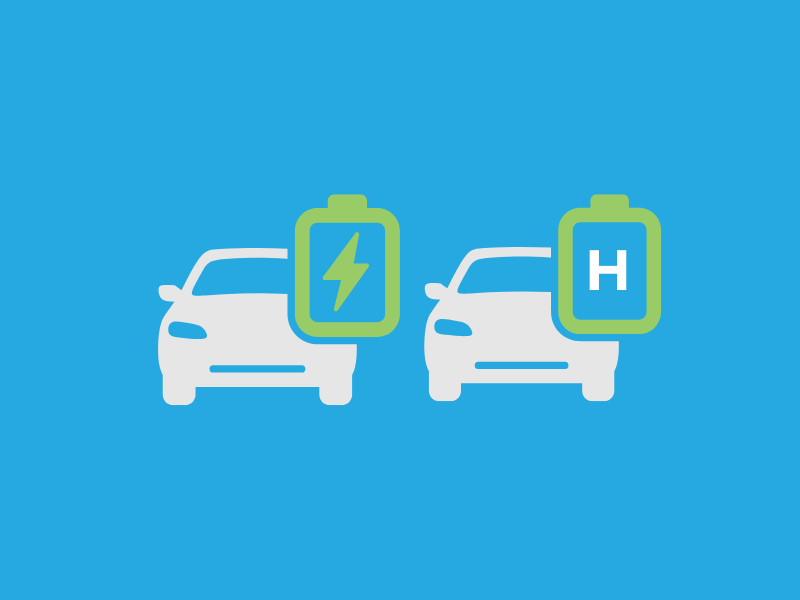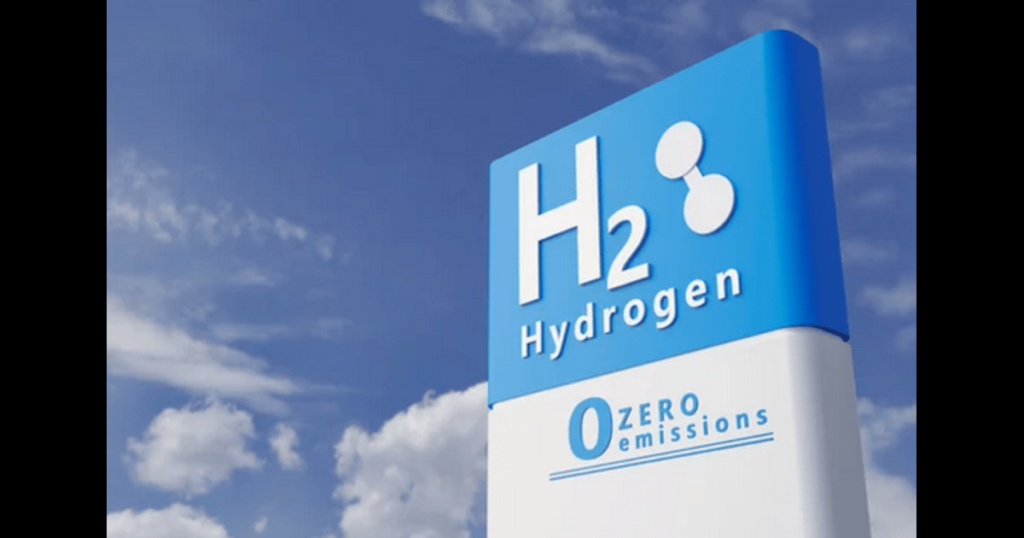The world is in a transportation race for a cleaner and environment-friendly tech. Two leading technologies capture imaginations and investments: electric vehicles (EVs) powered by batteries, and hydrogen fuel cell vehicles (FCVs). Both promise zero tailpipe emissions and a greener future, but each has unique advantages and challenges. So, will hydrogen fuel cells replace electric cars? Read further to find out:
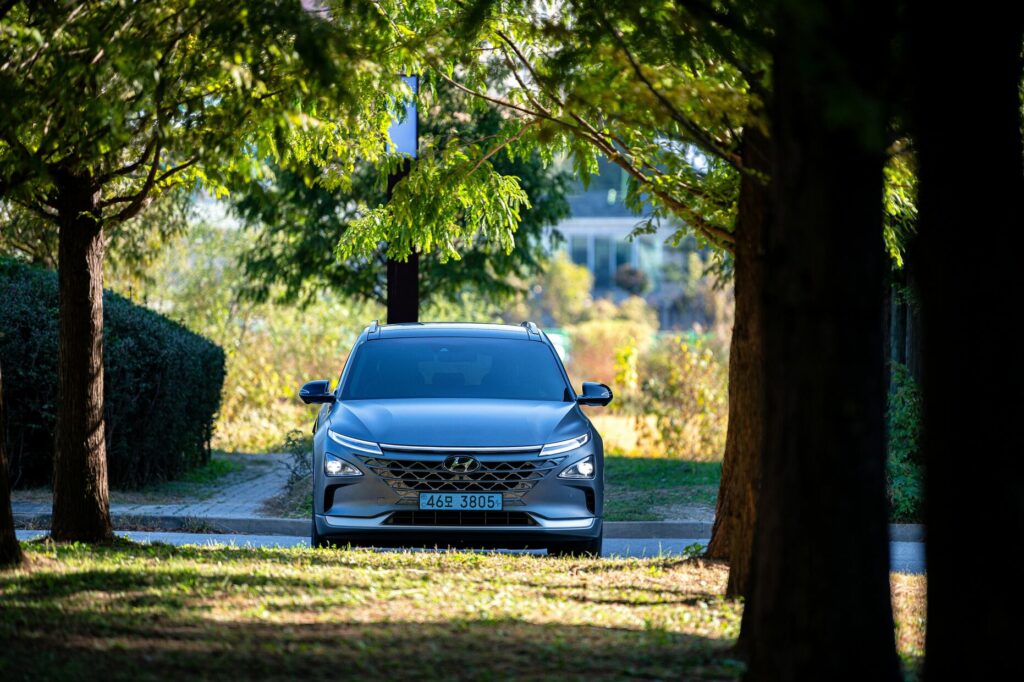
How do they work?
Electric cars run on rechargeable batteries that store electricity, powering an electric motor directly. They can be charged at home or at public charging stations. Battery electric vehicles (BEVs) convert up to 90% of electrical energy into movement, making them very efficient. The charging can take from minutes (with fast chargers) to hours (home charging).
Hydrogen fuel cell cars generate electricity onboard by combining hydrogen gas stored in high-pressure tanks with oxygen from the air inside fuel cells. The only direct emission is water vapor. Fuel cell vehicles can refill their hydrogen tanks in about 3-5 minutes, much faster than battery recharging. However, hydrogen production, storage, and distribution add complexity and reduce overall efficiency compared to battery electric systems.
Advantages of hydrogen fuel cell vehicles
- Refuelling Speed and Range: Hydrogen cars offer quick refuelling times comparable to petrol cars and longer driving ranges (Toyota Mirai reaches 357–402 miles), outperforming many electric vehicles.
- Lightweight and Fast Refuel: Fuel cells are lighter than batteries for equivalent energy storage, which can benefit larger vehicles like trucks or buses, making hydrogen suitable for heavy-duty and long-haul applications.
- Water Emissions Only: They emit no greenhouse gases or pollutants during operation.
What are the challenged and downsides?
- Energy Efficiency: Hydrogen’s production and transport consume a lot of energy. Even if produced via renewable sources, hydrogen fuel cell vehicles utilize only about 20-30% of the primary energy, while battery electric vehicles use around 77-90%.
- Infrastructure: Hydrogen refuelling infrastructure is sparse and expensive to build compared to electric charging stations.
- Cost: Hydrogen vehicles and the fuel are more expensive than electric cars and electricity, making ownership costly for consumers.
- Production Emissions: Most hydrogen is currently produced via fossil fuels, creating indirect emissions unless green hydrogen, made from renewable energy, is scaled up.
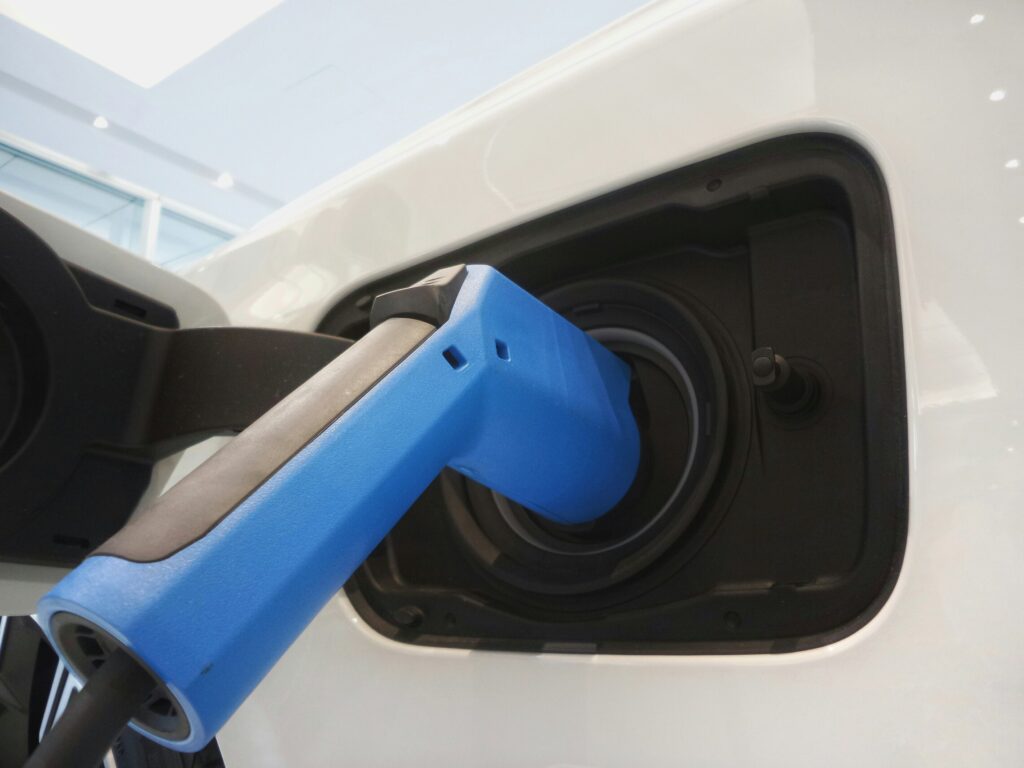
Where electric vehicles excel
Electric cars have dominated investments and market growth, with battery costs continuously falling and charging networks expanding rapidly. Their high efficiency and direct electricity use from renewable energy make them the most practical zero-emission option for most personal vehicles today.
The industry trend reflects this wisdom: car manufacturers invest almost 10 times more in electric than hydrogen vehicle development. Battery technology improvements and expanding charging infrastructure promise broader accessibility and lower ownership costs.
The future outlook: coexistence, not replacement
Hydrogen fuel cell vehicles are likely to carve out specific niches, heavy-duty transport, buses, and possibly aviation, where fast refuelling, light weight, and long range are critical. For personal cars and urban transport, battery electric vehicles will continue to dominate due to efficiency and infrastructure advantages.
Hydrogen’s potential ultimately depends on reducing production costs and scaling up green hydrogen infrastructure. Projects like the EU-funded H2Heat demonstrate promising hydrogen production from renewable energy for heating and energy uses, indicating growing momentum in the hydrogen economy, though this still needs to translate into cost-effective mobility solutions.
In summary, hydrogen fuel cells will not replace electric cars but rather complement them within a diversified clean transportation ecosystem.
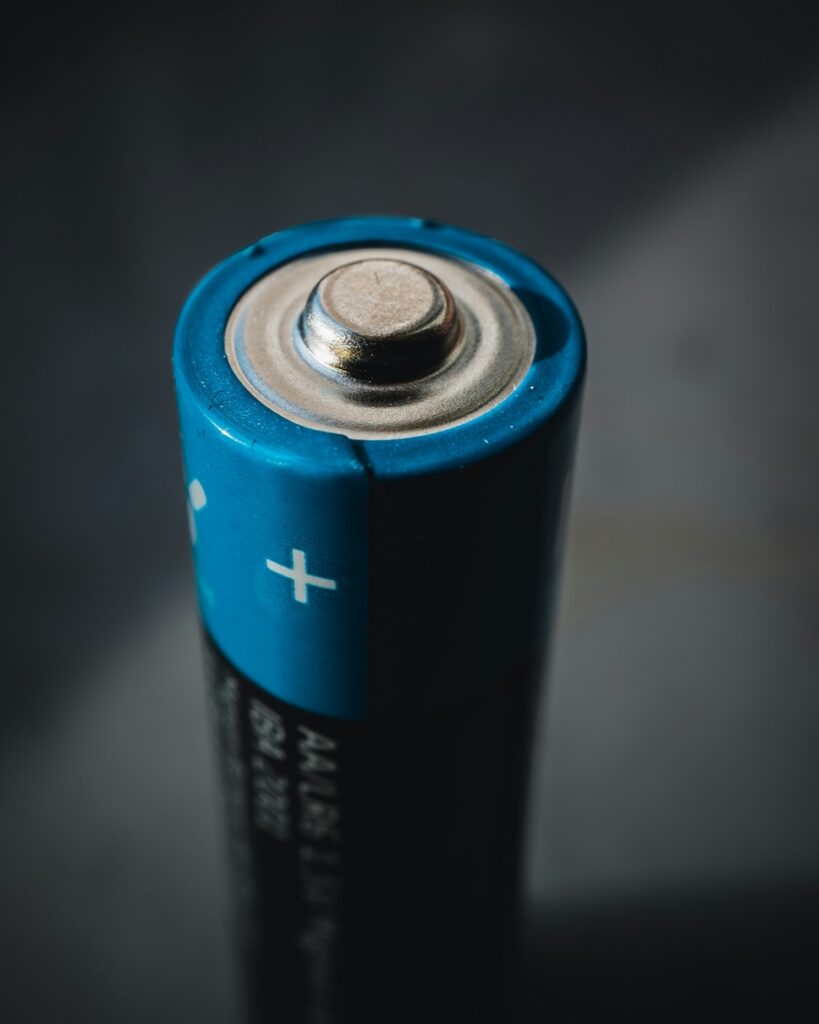
Batteries vs Hydrogen Fuel Cell
The main differences between hydrogen fuel cells and batteries in cars revolve around how they store and generate energy, charging/refuelling times, energy density, vehicle range, efficiency, infrastructure needs, costs, and environmental impacts.
Batteries in electric vehicles (BEVs) store electrical energy chemically and discharge it to power the motor. They need to be recharged after use, which can take from 30 minutes up to several hours depending on the charging system used. In contrast, hydrogen fuel cells (used in fuel cell electric vehicles, FCEVs) generate electricity on demand by chemically combining hydrogen stored in a tank with oxygen from the air, producing only water as a by-product. Refuelling hydrogen tanks is fast, usually taking about 3-5 minutes, similar to filling a petrol car.
Hydrogen has a higher energy density by weight than batteries, allowing fuel cells to store more energy without large weight penalties. This makes fuel cells more suitable for larger vehicles and long-distance transport like buses and trucks, with typical ranges often exceeding 400 miles. High-end battery EVs can also achieve ranges above 350 miles but usually need larger and heavier battery packs. From an efficiency standpoint, battery electric vehicles use around 80-90% of the stored electrical energy, while fuel cells convert approximately 40-60% of the hydrogen energy into electricity, with further losses involved in producing and distributing hydrogen.
Battery EVs benefit from an expanding and increasingly cost-effective charging infrastructure, whereas hydrogen fuel cell vehicles require specialised hydrogen refuelling infrastructure, which is currently sparse and costly. Environmentally, the impact of battery EVs depends largely on the source of electricity for charging and the extraction of battery materials, while fuel cell vehicles’ environmental footprint depends on how the hydrogen is produced, with green hydrogen offering the most sustainable option.
References
- EVSE. Electric Cars vs Hydrogen Fuel Cell Cars.
- Carwow. Hydrogen vs electric cars: Which is better? May 2025.
- PowerUp Tech. Why Hydrogen Cars Will Beat Gas Cars and EVs? Sept 2024.
- Mechanical Booster. Hydrogen vs Electric Cars: Future of Green Transportation? July 2025.
- ScienceDirect. Comparative analysis of battery EVs and FCVs. 2025.
- International Council on Clean Transportation (ICCT). Life-cycle emissions from passenger cars. July 2025.
- Here.com. Hydrogen fuel vs electric batteries: which is better for EVs? April 2025.
